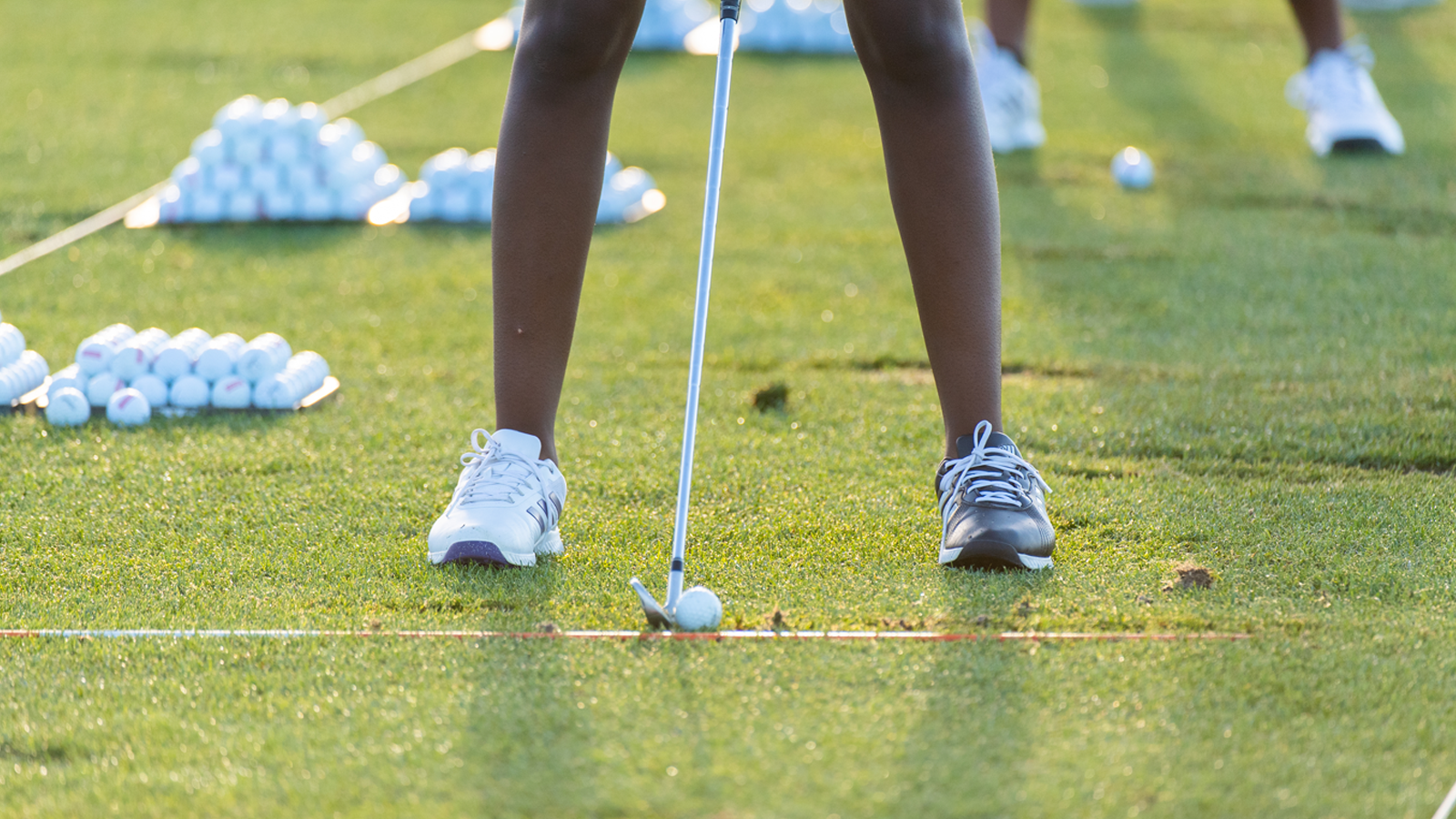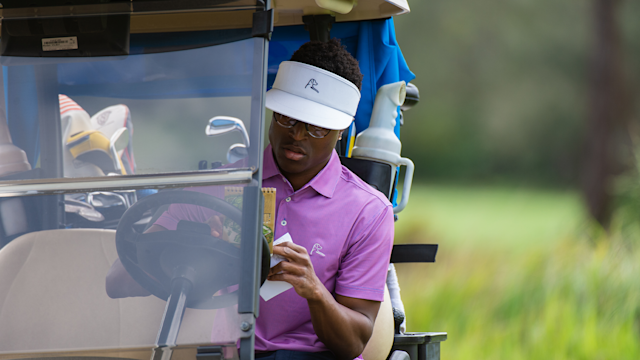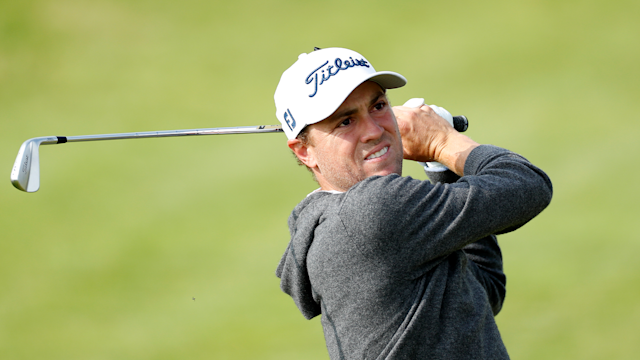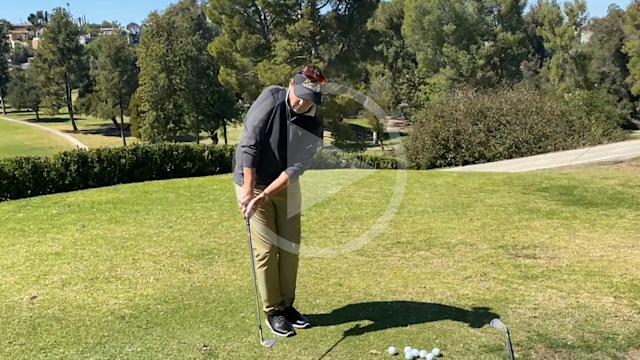quick coaching
5 Keys to Practicing with a Purpose
Published on

When someone says ”I’m heading out to practice”, most people just assume they are heading to the driving range. Obviously, there’s a lot more that goes into the game of golf than just practicing your full swing. Everyone that plays golf realizes how important practicing is when trying to lower your scores.
We hear a lot of technical talk about the golf swing and putting stroke, but we don’t hear much on how to get the most out of your practice time. Hopefully, the following tips will help you get more out of your practice time and help you figure what to practice and how often.
1. Practice the shots you use most.
For most players, practice time is limited, so the big question is: If I only have an hour, what do I focus on?
Most experts agree that your practice session should mirror the strokes you take on the course. If 70% of your shots are from a 100 yards and in, then spend 70% of your practice time on it. With about half of that practice time on putting.
2. Always have a practice plan.
One good thing to remember when you’re heading out to any part of the practice facility whether it's the driving range, putting green or chipping area is to have a plan. Practicing isn’t a race to see how many balls you can hit in an hour. There are plenty of other less expensive ways to get exercise.
The first part of your practice routine should be to stretch and loosen up. A lot of professional golfers stretch for 30 minutes before they even hit their first ball. This probably isn’t realistic for most golfers, but many people forget that golf is a sport just like any other and you need to stretch.
If you do start your practice session on the driving range, remember that most good players loosen up with a short club like your pitching wedge and then make their way to the longer clubs.
3. Always find your target.
Now that you’re working your way through the bag, do yourself a favor and practice at a target. Golf is one of the most target-oriented sports that you can play. So, your practice should reflect this fact. It can be a target green at a driving range or a tree in the field behind your house. Remember to pick as small a target as you can.
For example, instead of trying to hit a ball down the middle of the range, try to hit the telephone pole that divides the range. Picking a target will get you quality practice instead of simply hitting golf balls.
As strange as it seems, most golfers like to practice the shots that they already are good at hitting. Everyone likes to stay in their comfort zone and feel good about themselves. A big difference between an experienced player and a beginner is knowing what they need to work on and then actually putting the time in to fix the problem areas. Seeing a PGA Professional can also help in this area.
A good coach will not only help with technique but also give advice on what are the parts of the game that need attention. It’s also helpful to have a trained set of eyes to help you determine if what you feel is actually what is real.
4. Mix up your shots.
Another practice fault is to hit the same club over and over again until you finally feel it’s perfect. Try to hit practice shots at random. When was the last time you hit ten 7-iron or lob shots in a row on the golf course? Random practice is much more challenging and provides faster improvement.
Remember the old saying: "When you’re on the driving range you’re practicing like you’re on the golf course, and when you’re on golf course, swing it like you’re practicing on the range”. So don’t be the golfer who heads to the practice facility with a driver and 5-iron.
5. Don't be afraid to practice on the course.
Lastly, let’s discuss whether it’s OK to practice on the golf course. Sure it is. Just don’t do it in prime golf time and hold up the course. A good way to practice is to hit 2 or 3 balls on the same hole or practice a tough tee shot with a couple of balls. This is a great way to learn to focus on the target. This on-course practice is also a great way for beginning golfers to see what club to hit from each distance.
You have to remember that golf is one of the few sports where you don’t practice on the same field as you play the game. On-course practice can help with this disadvantage.
I hope these tips help you with your practice routine and I hope that with quality practice you reach your goals a lot quicker.



